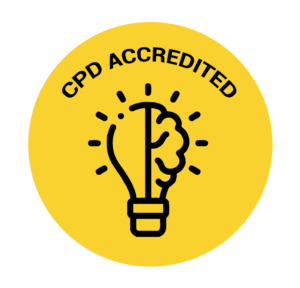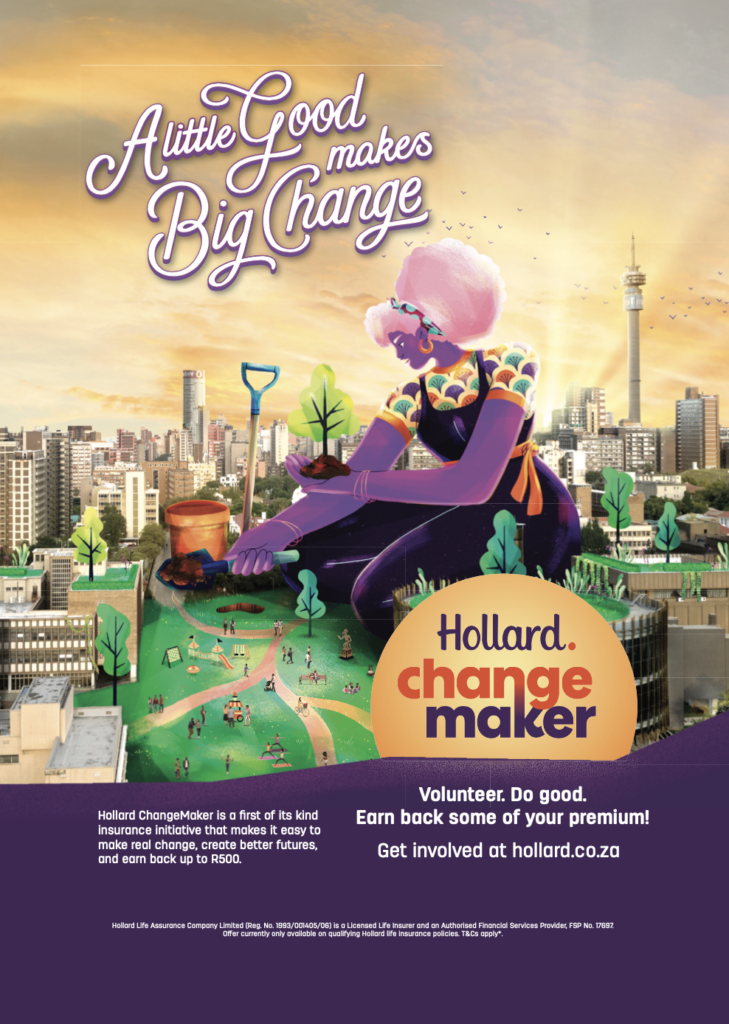Tony van Niekerk of COVER talks to Krush Moodley, the newly appointed Head of Construction and Engineering for Hollard Insurance Specialist Lines about the opportunities for brokers in the construction and engineering space.
Tony: You are not new to Construction and Engineering, having been around the block a few times, or up the cranes a few times.
There often seems to be a misunderstanding about the scope of construction and engineering insurance in general, and who potential clients are. Please give us an overview as to where the business of construction and engineering comes from for you?

Krush: Very easily put, construction insurance aims to cover anything from building a retaining wall at your home to building the home itself, a shopping mall, or something as advanced as a power station. It really stretches from a single person contractor to large scale property developers, building renovations or major contractors that are involved with massive roadworks, construction of dams or even large mining projects.
The other area of construction insurance relates to construction plant or ‘yellow plant’ as it is commonly known here in South Africa. This is plant that is used in the process of construction, whether it is a tractor loader, a drill rig, or Crane or Grader, these types of plants are typically called yellow plant. Reason being that most of the time these construction plant items are yellow in colour for easy visibility. Then we have a few subclasses that you may know about, which is specialized electronic equipment like large server farms, 3D printers etc. There is also machinery breakdown, which is operational cover on large machinery and process machinery installations. That could be something like an industrial paper printing company, or bottling plants, or businesses which have industrial scale machinery that produce a lot of different types of products from paper to food and beverages
Tony: Our economy is quite subdued, so construction and engineering is a bit under pressure in terms of their businesses. From a broker perspective, where do you see the opportunities now in this environment?
Krush: The broker has a pivotal role to play in the supply chain, specifically because construction and engineering is such a specialized insurance product. Although the economy is not as robust as we think it should be, we continue to see contracts being undertaken in the construction sector, from housing projects to some mall developments and infrastructure such as road and water refurbishments or expansions. So, to answer your question, there is certainly an opportunity for brokers with the right skill sets to provide advice and ensure their clients get the necessary cover.
Skilled brokers play a pivotal role in helping clients to secure some of these products. The construction space is always evolving, it goes through phases as the economy grows or constricts.
In South Africa we are seeing a great need for infrastructure development. In particular there is a lot of funding going into the road infrastructure, the development of the water infrastructure and certainly in the power sector as well. There is massive opportunity for brokers who are skilled in this environment to assist clients and to grow with those clients.
Tony: If you are a broker who has not operated in this space before and you want to start looking at some opportunities there, how do you go about upskilling yourself and what sort of minimum skills are there? How much can they lean on underwriters within, for instance Hollard, to assist?
Krush: This is where our strength lies as Hollard Construction. We have a large team with a lot of expertise as well as experience and skillsets spanning civil engineering, electrical engineering, plant equipment and machinery.
We provide an array of training and development to brokers. We provide product training in terms of our specific products and their relevance to the construction space. We also offer specialised technical input and training in terms of exactly what construction is and how the insurance product inter links in order to provides protection to our clients.
We provide training material, and we provide training from the aspect of claims and experiences learned from those claims.
So, if a broker is looking to get into this space, we look to partner with them, build strong relationships, and through our national network and the experts we have within our team, provide the training and development in terms of what construction really looks like and how that link works between the construction products, and applying those across their client base.
Tony: In closing then, how positive are you about the sector, seeing the challenges that we are facing in South Africa with the economy and load shedding, do you think there are still enough opportunities in this sector?
Krush: There definitely are enough opportunities. We have seen a lot of improvement over the last year already. One can get very wrapped up into the negativity if you look at the economy, but there really is a need for development of infrastructure and especially housing and renewable energy.
The reality is, we are seeing these things happen. The pace may not be at the pace we would like it as South Africans, but there is certainly positivity in terms of the projects, specifically in the mining sector, the infrastructure sector, and the housing development sector. Economic growth gets stimulated by government spend, and private sector spend in infrastructure, in malls, in homes, in solar development as well, which is another area where we see growth.
We are quite optimistic about the future, that there is a lot of opportunity in that space for us as well as our broker partners.
I would like to challenge all brokers in the market to get involved because there really is an opportunity to develop through partnership into a space which is very niche.
We are looking to partner up with brokers, build those relationships, build their knowledge over time, and provide the solutions to their clients.



